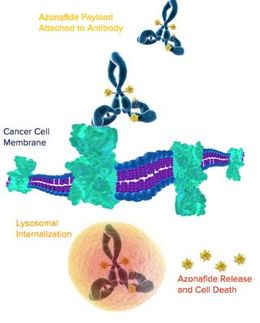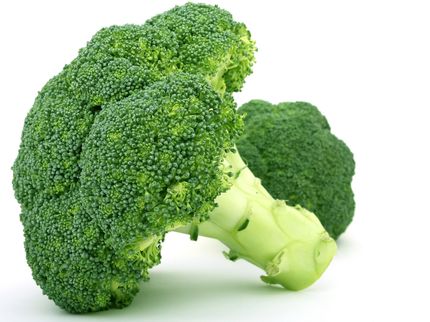New sun cream compound offers unprecedented protection against UVA radiation
Advertisement
A new wonder compound developed by University of Bath scientists in collaboration with King’s College London offers unprecedented protection against the harmful effects of UVA radiation in sunlight, which include photo-ageing, cell damage and cancer.
Most sunscreens on the market protect well against solar UVB radiation but have limited effectiveness against UVA-induced damage, relying on the reflective properties of creams to defend against dangerous UVA rays.
However this compound, called the ‘mitoiron claw’ by the team, offers strong protection within our cells precisely where the greatest damage from UVA occurs, and doesn’t interfere with rest of the cell.
Dr Olivier Reelfs, Dr Charareh Pourzand and PhD student Sharareh Houshmandyar from University of Bath. Copyright: AP Commercial Photography
The researchers from the University of Bath, working with colleagues at Kings College London, hope to see the mitoiron claw compound added to sunscreens and skin care products within 3-4 years.
Free iron concentration is particularly high within mitochondria, the batteries of the cell, where it is needed for several vital functions. However upon exposure to UVA in sunlight, excess free iron acts as a catalyst for the production of toxic reactive oxygen species (ROS), damaging cell components such as DNA, fat and proteins thereby increasing the risk of cell death and cancer.
However this custom-designed iron chelator (a molecule that binds to an iron atom like a claw) moves directly to mitochondria where it safely binds the excess free iron, preventing it from reacting upon exposure to UVA rays.
Tests with human skin fibroblast cells exposed to UVA radiation equivalent to 140 minutes of uninterrupted sun exposure at sea level, showed cells treated with the mitoiron claw were completely protected against cell death. Untreated cells suffered significant cell death.


















































